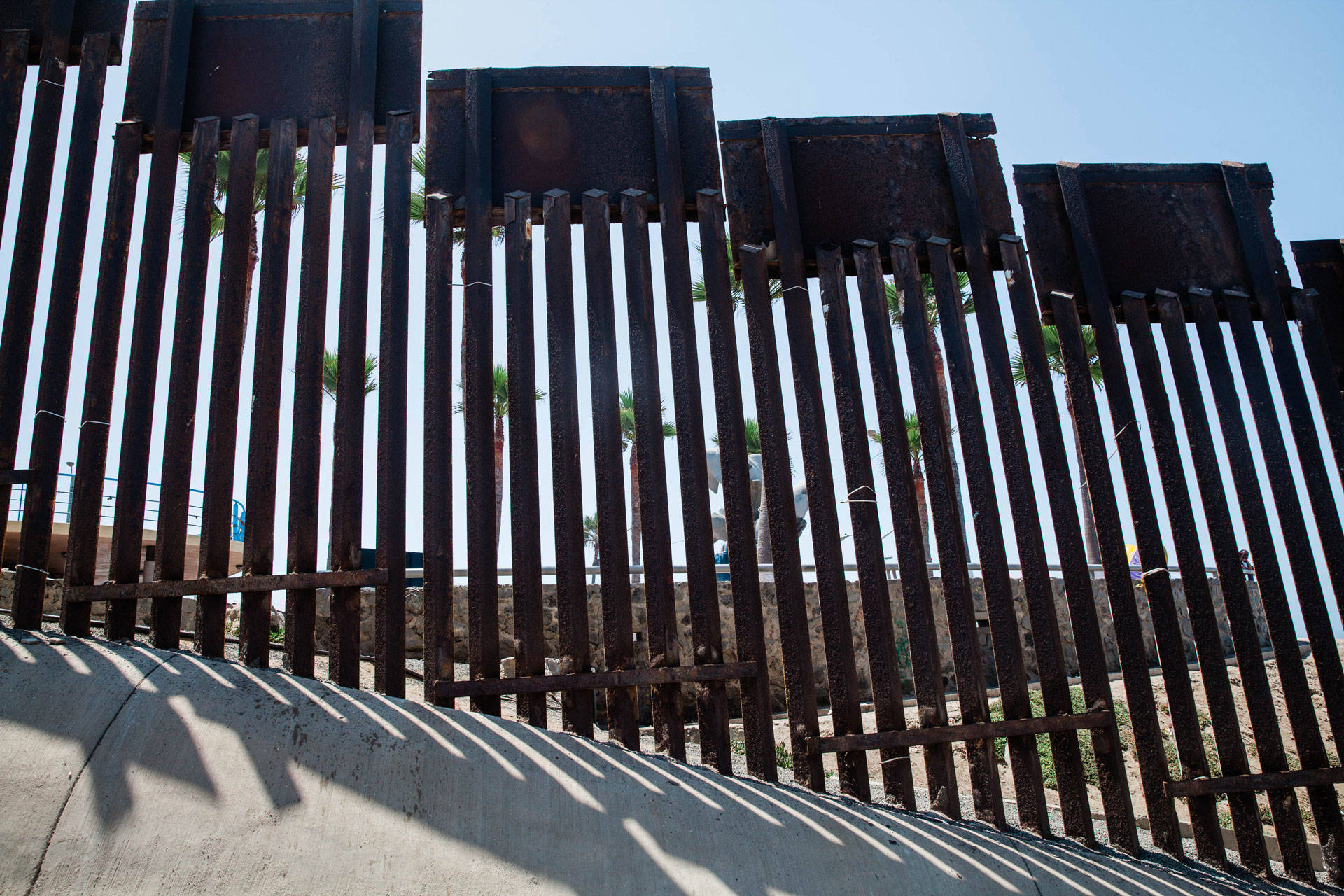Such "criminal events ... involving assaults on law enforcement and a risk to public safety, are routinely monitored and investigated by authorities," the statement said.
"It is protocol following these incidents to collect evidence that might be needed for future legal actions and to determine if the event was orchestrated."
The statement didn't address specifics of why journalists would be on the list to have their passports flagged.
The American Civil Liberties Union condemned the operation.
"This is an outrageous violation of the First Amendment," attorney Esha Bhandari said. "The government cannot use the pretext of the border to target activists critical of its policies, lawyers providing legal representation or journalists simply doing their jobs."
The documents, dated Jan. 9, are titled "San Diego Sector Foreign Operations Branch: Migrant Caravan FY-2019, Suspected Organizers, Coordinators, Instigators and Media." The source said the material was used by agents from the CBP and other agencies, including some San Diego FBI agents.
Two freelance photojournalists confirmed to the station that the information in their dossiers was accurate. Both were pulled in for secondary questioning at border crossings and one, Kitra Cahana, eventually was stopped in Mexico, denied entry and had to fly back to the U.S. They were not told why they were targeted.
One dossier was on Nicole Ramos, the refugee director and attorney for Al Otro Lado, a law center for migrants and refugees in Tijuana, Mexico. It included details such as the kind of car she drives and her mother's name, KNSD-TV reported.
"The document appears to prove what we have assumed for some time, which is that we are on a law enforcement list designed to retaliate against human rights defenders who work with asylum seekers and who are critical of CBP practices that violate the rights of asylum seekers," Ramos told the station by email.
KQED's Julie Small and the Associated Press contributed to this report.
